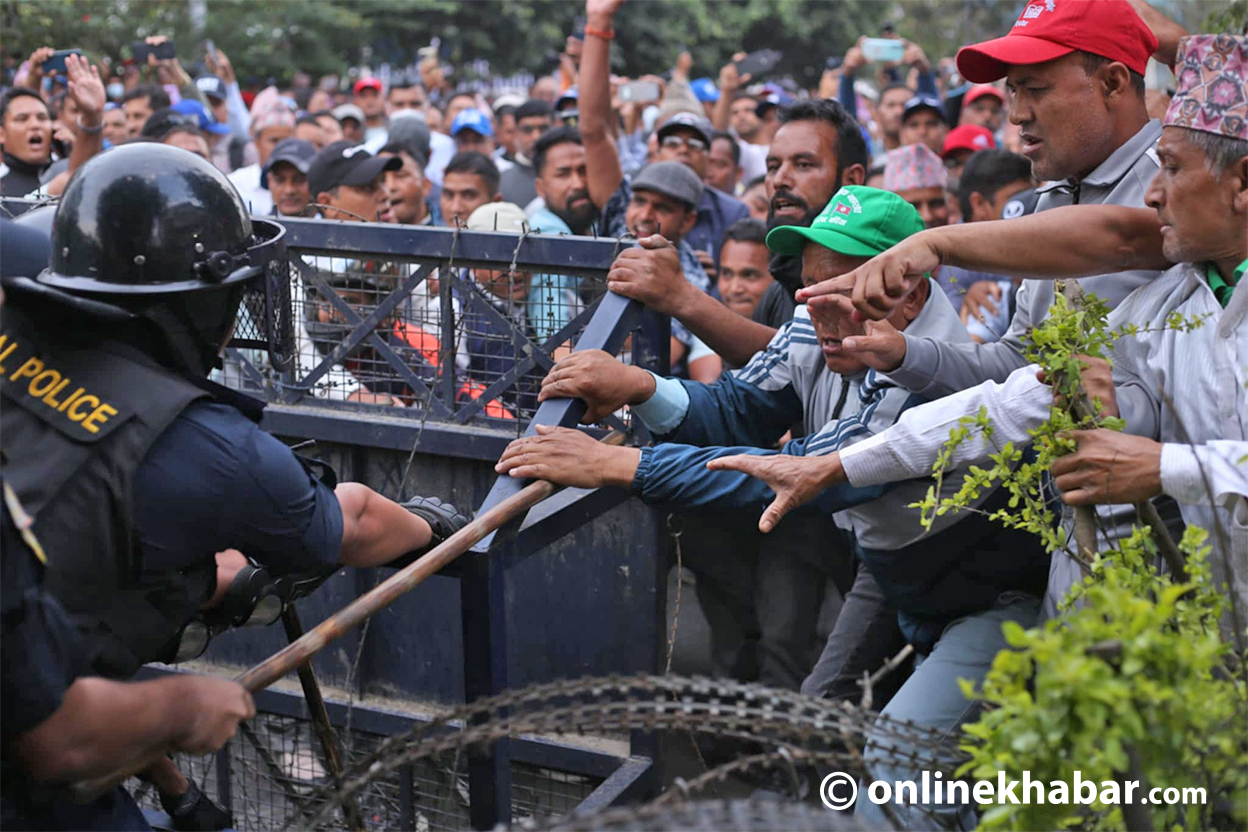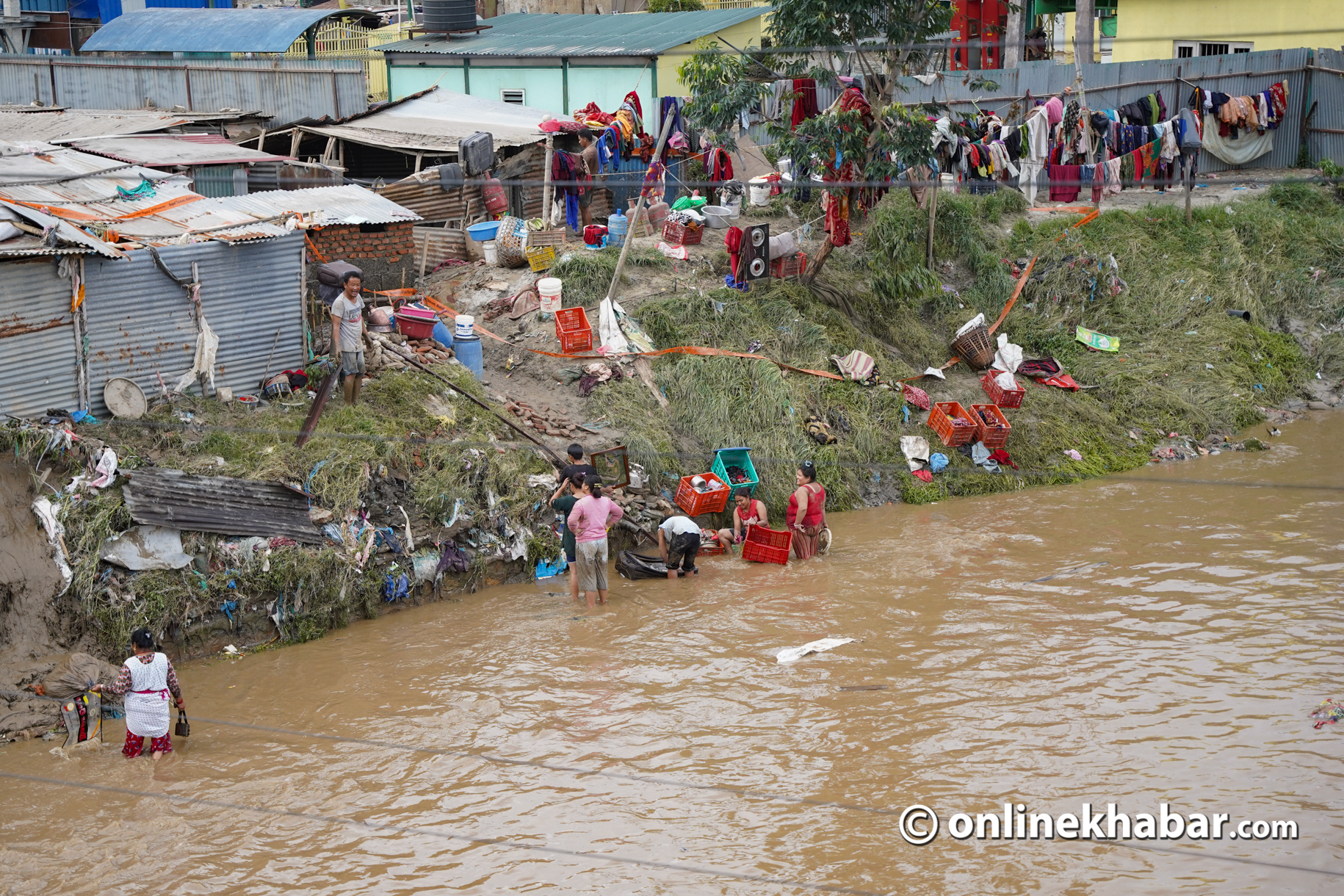
The United Nations Office on Drugs and Crime (UNODC) has published a handbook on police accountability, oversight, and integrity, which states that law enforcement institutions are entrusted with a diverse set of tasks requiring a high degree of integrity within police agencies and their oversight. Where this does not function well, law enforcement officers may become vulnerable to acting unlawfully and beyond their remit. A particular focus on human rights principles, along with sustained long-term efforts, is required to establish a framework for police oversight and accountability in order to strengthen integrity within policing systems.
It is necessary to increase public confidence in the police by upgrading levels of police service delivery as well as by investigating and acting in cases of police misconduct. Secondly, reducing corruption within the police is crucial. While on induction training in the United Nations’ various missions all over the world, curricula of the above-mentioned police integrity would be inculcated in the United Nations Police (UNPOL) personnel before deploying in the field for safeguarding the people or being an advisor to the National Police.
Law enforcement institutions are entrusted with a diverse set of tasks that require a high degree of integrity within both police agencies and their oversight mechanisms. Where these systems do not function effectively, law enforcement officers may become vulnerable to acting unlawfully and beyond their remit. A particular focus on human rights principles, along with sustained long-term efforts, is essential to establish a robust framework for police oversight and accountability, thereby strengthening integrity within policing systems.
Law enforcement officials are expected to comply with a code of ethics, outlining general guidelines to ethical behavior of police professionals. To be effective, the code of ethics should become part of each officer’s demeanor and officers should learn to live and think ethically in order to avoid conflicting behaviors. Codes of ethics are used as instructional aids for law enforcement departments to help officers define standards and expectations of behavior. Failure by police professionals to act ethically can lead to a loss of public trust, compromise investigations, and expose agencies or departments to legal liability.
According to the Nepal Police Act, 2012, it is clearly stated: “Whereas, it is expedient to reorganize the police force of the whole of Nepal, and make it a capable instrument for preventing and investigating crime and maintaining law and order.”
When we visit Nepal Police website, there we see a statement which reads, “Committed to establishing peace, order and security in the society through effective crime control and investigation and law enforcement, dedicated to the nation, clean and professional police.”
From the above-mentioned Police Act and mission statement, it is evident that the primary role of the police is to safeguard the public, maintain peace, and enforce the law through effective crime control. However, notorious criminals often act with mens rea (malafide intention), watching and waiting for the right moment to carry out the actus reus (criminal act). It is not always possible for the police to prevent such crimes solely through intelligence gathering and routine patrols, which is why crimes continue to occur in society. In such a situation, police have to start crime investigation and law enforcement simultaneously. For all these duties and responsibilities, police are on the field round the clock. People expect the police to be clean, professional, and to serve as both a friend in need and a friend in deed. In response, the Government of Nepal has envisioned police accountability and oversight mechanisms to ensure a transparent and people-centered police service.
Key issues and oversight mechanism within organization
Human rights violations, abuse of authority, corruption, unethical conduct, failure to respond to public complaints, use of forged or duplicate certificates, and involvement in or support for criminal activities are some examples of misconduct by police personnel.
To address such issues and allegations, an internal oversight mechanism has been established under the Inspector General of Police (IGP) Secretariat. Within this structure, the office of the Deputy Inspector General of Police (DIGP) oversees the Supervision and Monitoring Division (SMD), which is headed by a Senior Superintendent of Police (SSP).

SMD supervises Complaint Investigation Section, Grievance Investigation Section and Police Authority Abuse Monitoring Unit. Each of these three offices is led by the Deputy Superintendent of Police. Similarly, the Human Rights Violation Monitoring Unit (HRVMU) and Legal Section are led by the Superintendent of Police (SP) for investigation and departmental action as well.
Mode and sources of receiving complaints and investigation procedures
The IGP Secretariate receives information from PM Office (PMO) @Hello Sarkar, National Human Rights Commission (NHRC), Commission of Investigation of Abuse of Authority (CIAA), MoHA@Hello Griha, National Vigilance Center and form a probe committee if the case is grievous for investigation. Information and complaints received through various channels, such as the E-complaint system, police app, social media platforms, toll-free number 1113, mobile number 9851293000, police complaint boxes, complaint QR codes, post offices, individuals, and various news agencies—are handled by the Supervision and Monitoring Division (led by the SSP) for reporting to the DIGP Secretariat and the IGP for necessary action in accordance with prevailing laws.
Investigations are either initiated by the IGP Secretariat or forwarded to the Kathmandu Valley Police Office (KVPO) and provincial offices. The IGP Secretariat receives investigation reports from the respective police offices and may order a reinvestigation if the report is unsatisfactory or deemed necessary. Cases are then forwarded to the legal section for departmental legal action in accordance with the Police Act, 2012, and Police Rules, 2071. Investigation reports are also shared with relevant authorities such as the Prime Minister’s Office (PMO) via Hello Sarkar, the National Human Rights Commission (NHRC), the Commission for the Investigation of Abuse of Authority (CIAA), the Ministry of Home Affairs (MoHA) via Hello Griha, and the National Vigilance Center.
For serious human rights violations and similar complaints, a probe committee comprising police personnel from these offices is typically formed to conduct the investigation.
Police actions to serve and protect
During a protest against the Millennium Challenge Corporation (MCC) on February 24, 2022, a protester was seriously injured and left on the road near New Baneshwor. He was rushed to Everest Hospital for treatment, where the doctor referred him to the Trauma Center for further care. After a CT scan, he was transferred to Annapurna Neuro Hospital in Maitighar. The doctor informed the police about the urgent need for ‘O’ negative blood, which is very rare. Kathmandu Police made efforts to find a matching donor, and finally, police constable Saminath Yadav was identified with the same blood group. He donated blood, the protester underwent surgery, and survived. Prior to these developments, rumors of the protester’s death had circulated on social media and online news.
On May 20, 2025, female police constable Chandrika Kumari Deuwa found a pregnant woman on the roadside in Godavari Municipality-01, Kailali district. She brought the woman to a nearby house and assisted with a successful delivery. Both mother and child are now safe.
These two cases highlight some key successes in police service. However, much remains to be done for the police to effectively serve, protect lives and property, and earn the trust of the people.
Complaint and investigation data
According to Central Spokesperson SSP Ramesh Thapa, the Supervision and Monitoring Division (SMD) received 2,616 complaints from various sources by the end of Chaitra in fiscal year 2081/82. Of these, 2,036 complaints (78%) have been investigated, while 580 are still under investigation. Similarly, the Human Rights Violation Management Unit (HRVMU) received 52 complaints during the same period, of which 19 (36%) have been investigated and 33 remain under investigation.
To sum up, “Coming together is the beginning, staying together is progress, and working together is success.” With this spirit, let us work together to make our police more trustworthy, both within the country and internationally.





















